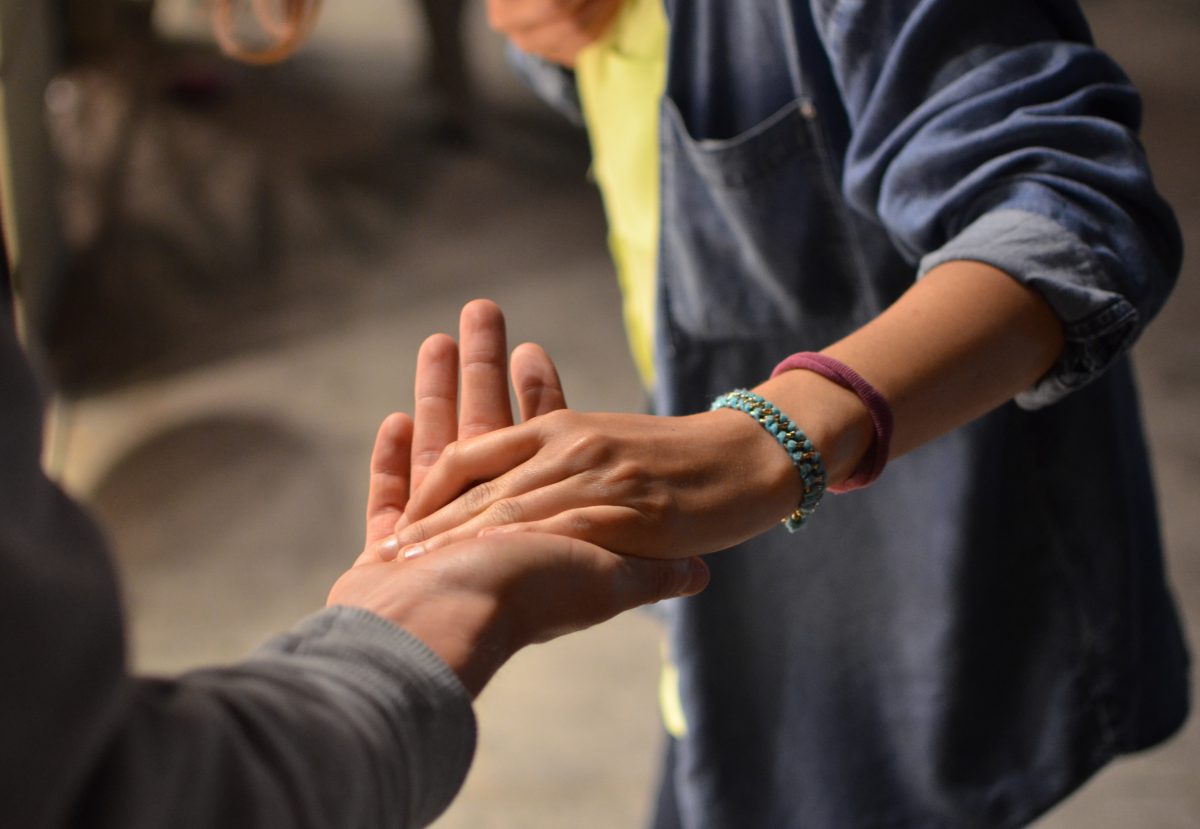In the interests of keeping children safe, more and more of them are entering the care system. However necessary this is, we know that it inflicts further heartbreak on children and their families and creates unsustainable demand and cost pressures in that system. It’s no wonder, then, that the auditorium was busy when the What Works Centre (WWC) led a session: “How to keep children safely out of care” at November’s National Children’s and Adults’ Services Conference.
The audience heard about the Centre’s ambitious programme to fill the gaps in sector
understanding. The Centre shared the stage with Stuart Carlton, North Yorkshire’s DCS; Junior Stringer – a care experienced young person; and Cathy Ashley of the Family Rights Group.
Stuart reminded us that one of the ‘conditions of success’ is a clear model of practice. Having a model is said to be more important than the specific model used. The North Yorkshire model, like so many successful models, is relationship-based and has contributed to a 16% reduction in their looked after population and a 55% reduction in the time children spend looked after. Figures like that are enough to make anyone sit up and take notice.
Junior’s recipe was succinct: work with families sooner; tell children what’s happening to them; try to keep children with family members; remember that sometimes care is the best option; try to make care the best experience possible.
Donald Forester, for the Centre, unveiled the Centre’s assessment of the evidence base for the widespread practice model, Signs of Safety. This surprised some, as no evidence has been found that Signs of Safety reduces the numbers of children coming into care. Donald emphasised this finding doesn’t mean Signs of Safety doesn’t work, just that there’s no evidence it does. He gently suggested we should be surprised so many of us are doing something without an evidence base.
Cathy Ashley reiterated the findings of the Care Crisis Review about the importance of relationship-based practice, tapping into the family network and resources, and following the review’s recommendations for change.
I found lots of common threads across the presentations, particularly about relationship-based practice (‘Work with families sooner’). Confirmation bias on my part, perhaps?
It was salutary to note (from Donald) that the conditions most associated with reduced numbers of children in care are: a reduction in children living in deprivation, participating in the innovation programme and positive Ofsted judgements.
Since the conference, I have found myself reflecting back to that discussion and wondering how much of those conditions is cause and how much is effect. It’s hard to say. Until the evidence says otherwise, I’ll continue to focus on relationships. #OnlyConnect.

